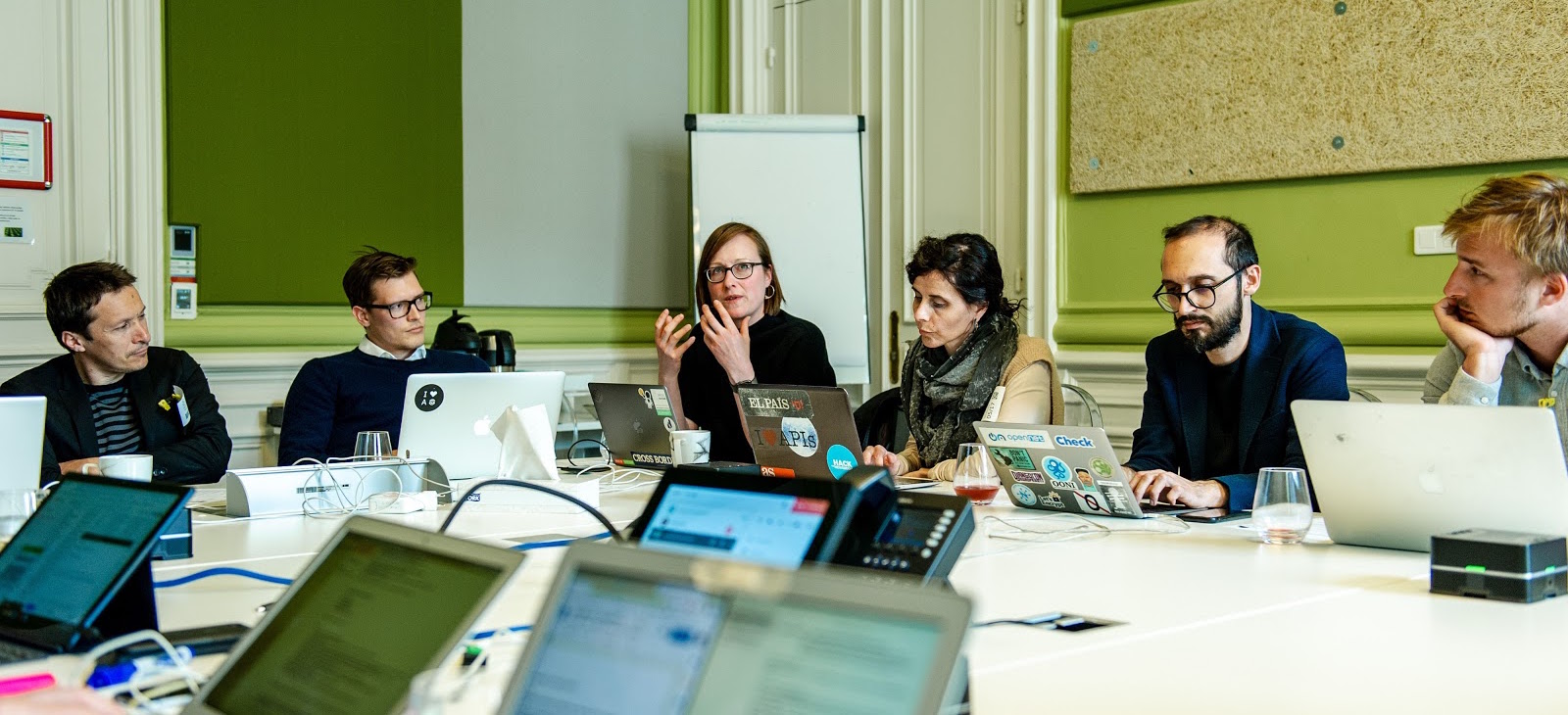Who is going to save journalism? How is it going to happen? The pandemic is changing the news media and the way we talk about it. I should have been sitting with dozens of other European media people around a long table in the glorious baroque setting of the orangery in Potsdam Palace outside Berlin, discussing “Shaping the Post-Covid Media Order” as part of the M100 Sanssouci Colloquium. Instead it was a group Zoom call, of course. Here are my notes for my intervention in the session on “Saving the news? Next Level Journalism”.
After two decades as a journalist, I created a journalism think-tank and became a professor at the LSE. I wrote a book over a decade ago about ‘saving journalism so it can save the world’. The message was that the news media had to embrace new technologies and new ways of working to become more networked.
To a great degree that has happened with journalism becoming digital and social. It has produced the greatest variety of production, distribution, and business models ever seen. We have more ‘good’ journalism than ever before – and also a lot of terrible so-called journalism.
There are massive problems in terms of revenue, credibility, political pressure and the intense demands on individual journalists and newsrooms. All accelerated by the pandemic.
Substantial Gaps
There are substantial gaps opening up at local level as well as serious depletion of editorial resources at the giants like the BBC.
Journalism must speak and act more to demonstrate its value to society. Journalism has a vital role to fight misinformation online and increasing political manipulation of information. You can’t rely on Mark Zuckerberg to do that. The public do realise this, which is why they turned to credible news media during the pandemic. The efforts of the news media have been heroic at times during this crisis.
We should look at the incredible innovation in formats, marketing, and business models. Take Politico, which is profitable – top quality journalism using the latest technologies to connect cleverly crafted content to audiences in new ways. Go to our JournalismAI website and you’ll see dozens of other case studies of successful innovation.

Multimodal Future
Journalism must save itself. It must become more diverse in its content and its workforce. The future is multimodal. It might be a single passion economy journalist serving a niche audience or a major newsroom using TikTok to attract different demographics.
Independent commercially funded, competitive journalism is the life-blood of a healthy media system. Journalism must not rely on subsidies or taxation, although increasingly philanthropy of different kinds will play a role in supporting public service work. We have no right to expect Facebook and Google to pay us out of our problems.
Technology will be critical in catalysing change. Our work with newsrooms around the world shows there’s a real danger of the news media missing out on the algorithmic, data-driven advances in information technology. But we’ve also seen some stunning innovation that shows how technologies can augment human journalism to make more efficient and effective content that is better connected to the public.

Radical Review
But AI or any other technology or business model will not save journalism unless it continues to radically change its editorial strategies and cultures. We must sustain traditional values such as objectivity, independence and critical thinking by radically reviewing attitudes to emotion, trust and the news agenda.
Collaboration within and between news organisations will be critical. As will working with other partners such as universities, technology companies, start-ups and other organisations. We’ve got to open up.
A crisis is an opportunity that should not be wasted. The pandemic in particular and the political problems we face across Europe are a challenge to journalism to prove its value. When we do that we have the opportunity and the right to ask the public to pay.
This article by POLIS Director, and director of the JournalismAI project, Professor Charlie Beckett | @CharlieBeckett






